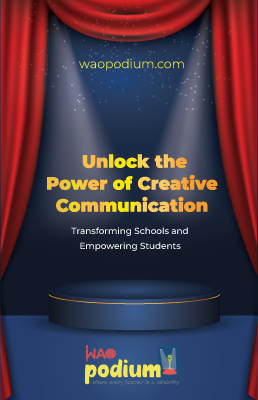June 01, 2023
Russian Schools Break New Ground by Teaching African Languages, Strengthening Cultural Exchange

I In an exciting development, Russian schools are breaking new ground by incorporating African languages into their curriculum. This move positions Russia as the first European country to undertake such an initiative, highlighting its commitment to fostering deeper connections with the African continent.
Alexei Maslov, the visionary director of the Institute of Asian and African Studies at Lomonosov Moscow State University, recently announced this ambitious plan during a press conference.
At the launch, Maslov emphasized the significance of experts with a comprehensive understanding of Africa's diverse nationalities, ethnicities, religions, and linguistic traditions. During the launch he also highlighted that this strategic step demonstrates Russia's recognition that Africa is not a homogeneous entity but a vibrant tapestry of cultures. With enthusiasm, he expressed the nation's determination to cultivate stronger bonds and mutual understanding.
…this pioneering move by Russian schools sets the stage for a new era of cultural exchange and collaboration… it not only strengthens the cultural ties between Russia and Africa but also equips students with valuable skills to thrive in an interconnected world…
Commencing in September 2023, select schools in Moscow will introduce language courses in three major African languages: Swahili, Amharic, and Yoruba. Swahili, also known as Kiswahili, holds significant prominence as one of the most widely spoken languages in Africa. It acts as a lingua franca across several East African countries, including Kenya, Tanzania, Uganda, Burundi, Rwanda, and the Democratic Republic of Congo, boasting an impressive 200 million speakers. Notably, both Kenya and Tanzania have officially recognized Swahili as a language, while the African Union has adopted it as the official lingua franca.
The inclusion of Swahili in the Russian school curriculum offers a unique opportunity for students to engage with this influential African language and foster cross-cultural understanding.
Furthermore, Yoruba takes centre stage in West African nations such as Nigeria, Benin, and Togo, where over 50 million people communicate in this language. Similarly, the Amharic language holds prominence in the horn-of-Africa countries of Ethiopia and Eritrea, with a substantial community of over 50 million speakers. By embracing these languages, Russian schools embark on an exciting endeavor that bridges continents, fosters cross-cultural understanding, and celebrates the rich linguistic diversity and cultural heritage of Africa.

This pioneering move by Russian schools sets the stage for a new era of cultural exchange and collaboration. It not only strengthens the cultural ties between Russia and Africa but also equips students with valuable skills to thrive in an interconnected world. As the implementation of these language courses approaches, anticipation grows for the opportunities they will provide to ignite a passion for African cultures and cultivate a deeper appreciation for the diverse tapestry of our global community.
Moreover, this initiative aligns with Russia's growing appeal as a destination for African students seeking higher education. With approximately 30,000 African students already studying in Russian universities, and over 100,000 expressing interest in studying there, the country has intensified its recruitment efforts in recent years. Affordability and quality education are among the selling points that attract African students to pursue their academic aspirations in Russia, further enhancing the cultural exchange between the two regions.
Posted in News and tagged News, Russia, Africa, Cultural Exchange, African Language, Lomonosov Moscow State University
Bookmark the Permalink


